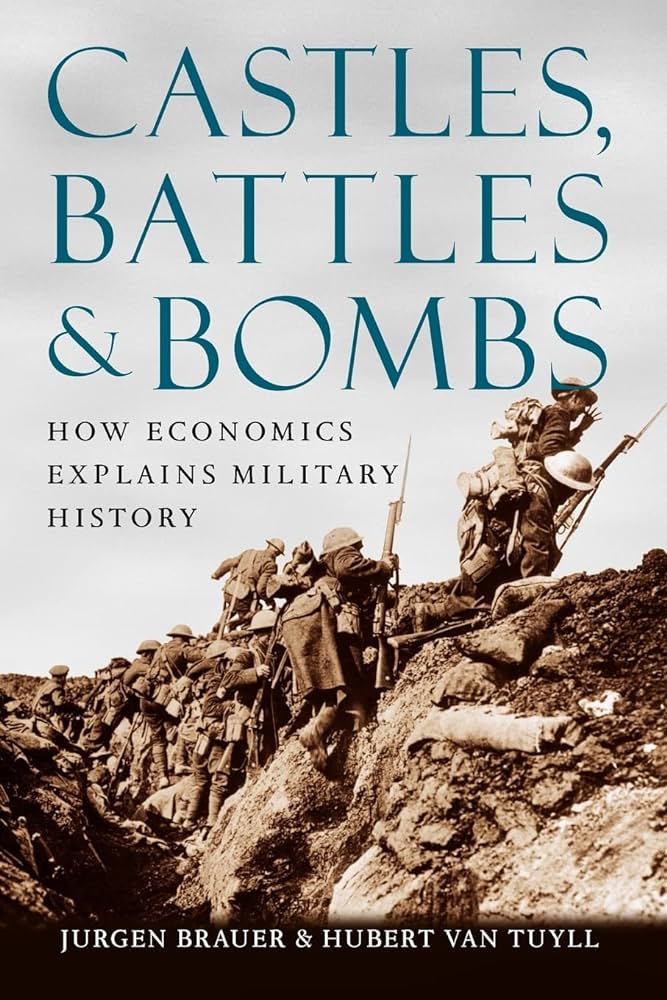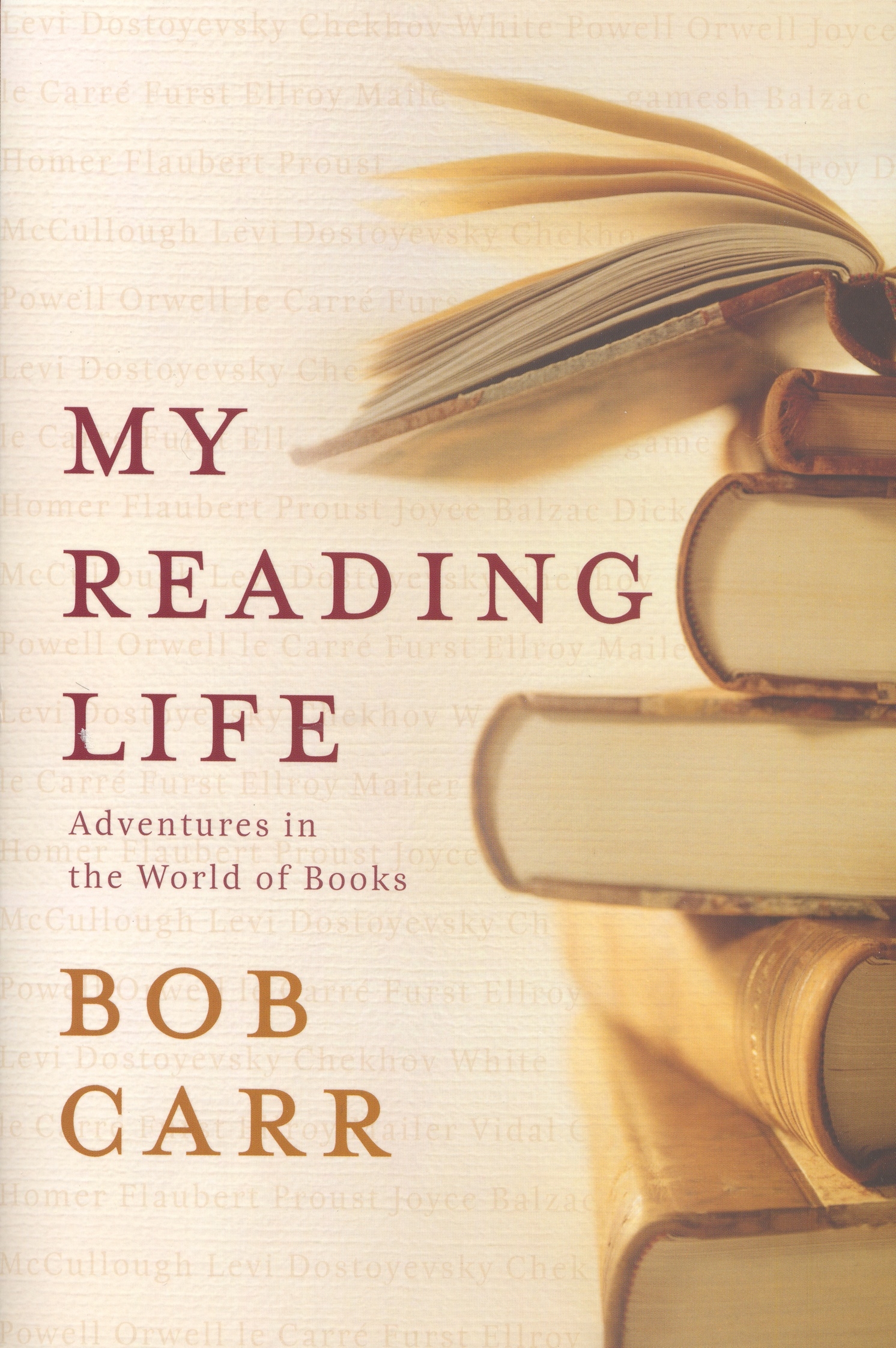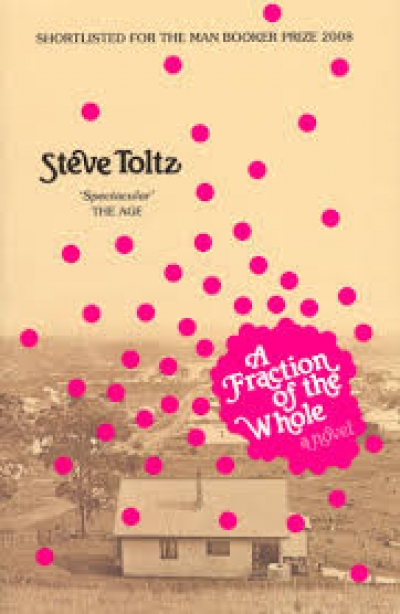Archive
Film | Theatre | Art | Opera | Music | Television | Festivals
Welcome to ABR Arts, home to some of Australia's best arts journalism. We review film, theatre, opera, music, television, art exhibitions – and more. To read ABR Arts articles in full, subscribe to ABR or take out an ABR Arts subscription. Both packages give full access to our arts reviews the moment they are published online and to our extensive arts archive.
Meanwhile, the ABR Arts e-newsletter, published every second Tuesday, will keep you up-to-date as to our recent arts reviews.
Recent reviews
Castles, Battles & Bombs: How economics explains military history by Jurgen Brauer and Hubert van Tuyll
I suppose our lives gain intensity through meetings with remarkable men and women. Occasionally, we encounter certain people whose rich inner lives mesmerise us and make us feel awkward and uneasy and out of place. Mr Manoly Lascaris had such an impact: he decentred people, made them lose confidence, made them feel physically uncomfortable, through his silence, his mundane chatter, his eccentric wisdom and the strange way he had of transforming domesticity into an exercise of virtue.
First, though, comes respect and the need to open yourself to your subject. The dialogues recorded in my book Recollections of Mr Manoly Lascaris (2008) are about thoughts underlying, or succeeding, particular events; they present the story of someone’s life at peak moments of mental realisation. The book is neither a biography nor a journalistic account of events and episodes. It records thoughts, ideas and conclusions in retrospect, as the culmination of the act of living and the art of thinking.
... (read more)I’ve been woken up
by a red wattle bird
flinging himself
at the glass
of my half-open window
calling throatily
with raucous cheek
as he prances the wood
of my balcony rail ... (read more)
We were never married, Dido.
Cease weeping, let me leave and agree
we both knew real spouses.
Even as the ghost of my precious wife passed
through my clutching arms like mist







